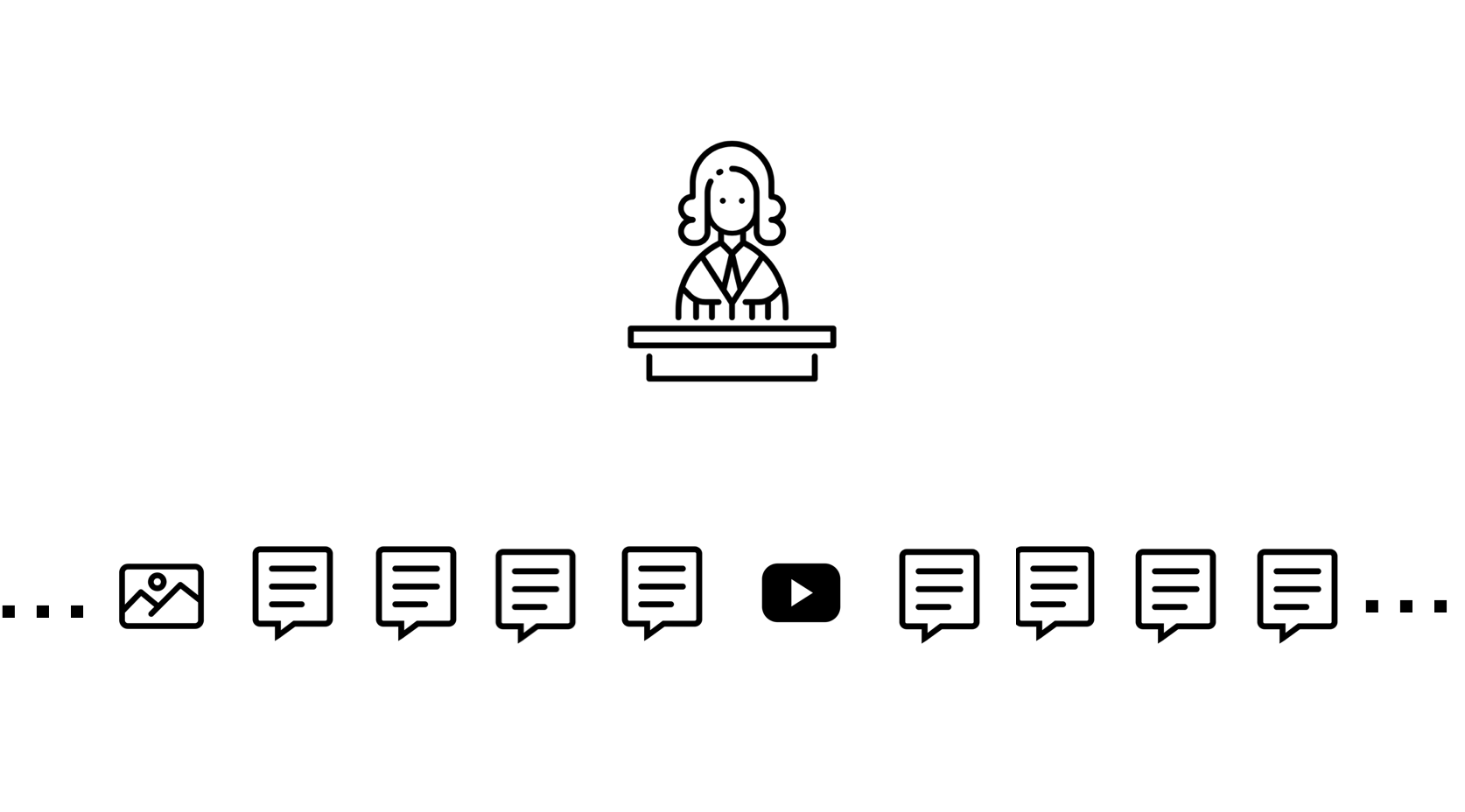moderating content would make us too powerful
A way to avoid responsibility for hate speech and inappropriate content.
A claim made by digital media companies to explain their inability (or unwillingness) to moderate content at a level sufficient to block hate speech and other harmful content.
The argument is specious in part because social media companies are already immensely powerful; any company that can set a policy that impacts hundreds of millions of people has an obligation to use its power responsibly.
The statement conveys an important tension: while social media companies have said they will do more to moderate content, particularly in the wake of the Christchurch tragedy and other incidents, they have been reluctant to draw clear lines that could be perceived as censorship. At the same time, the companies have resisted government regulation, which would of course reduce their power.
We can’t just keep changing randomly based on our viewpoints. That just adds to the fear of companies like ours making these judgments…. More and more people have fear of companies like ours and the perceived power that companies like ours have over how they live and even think every single day. -- Twitter founder Jack Dorsey, on CNN
